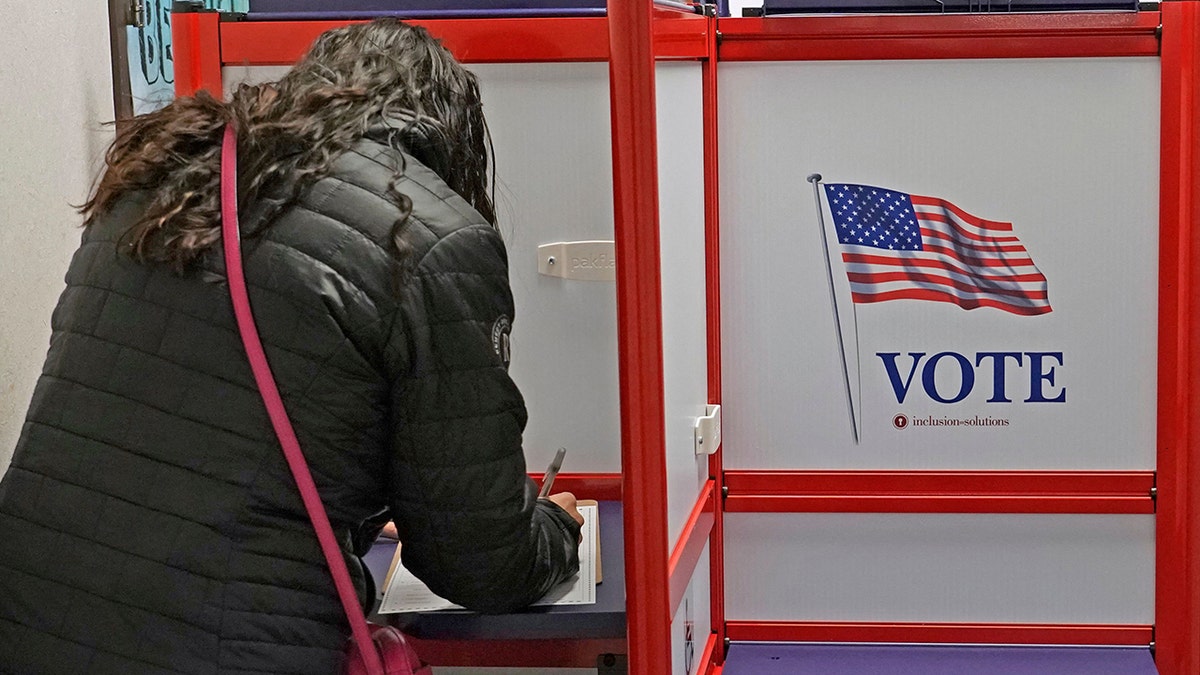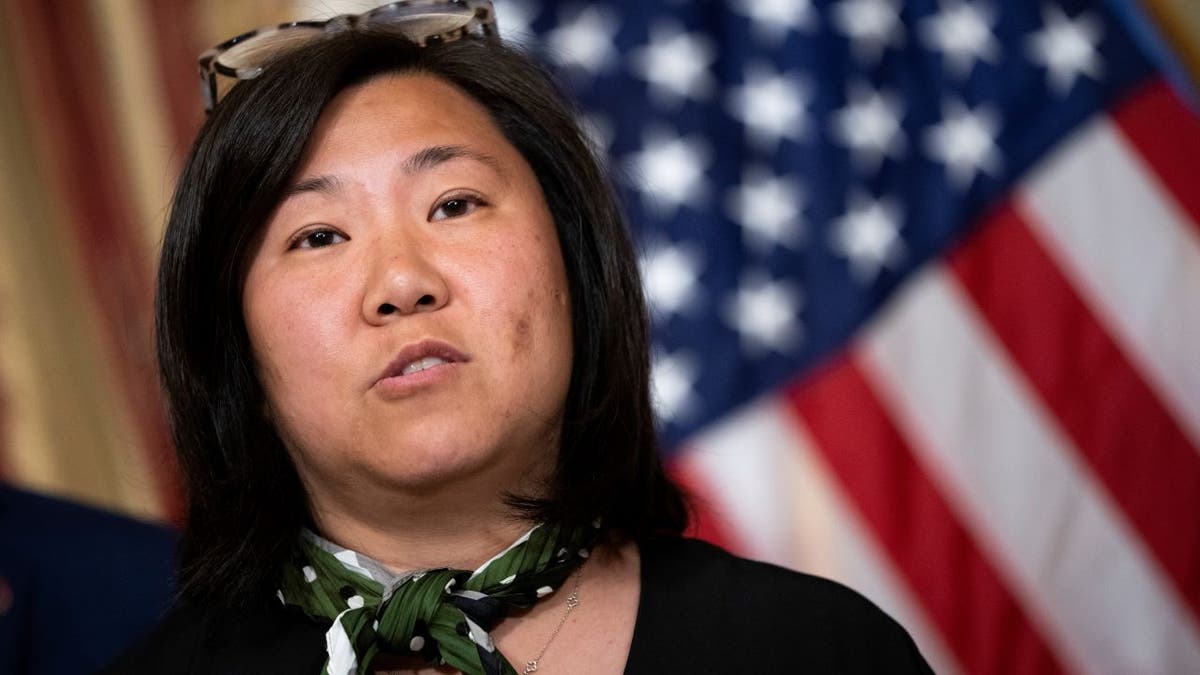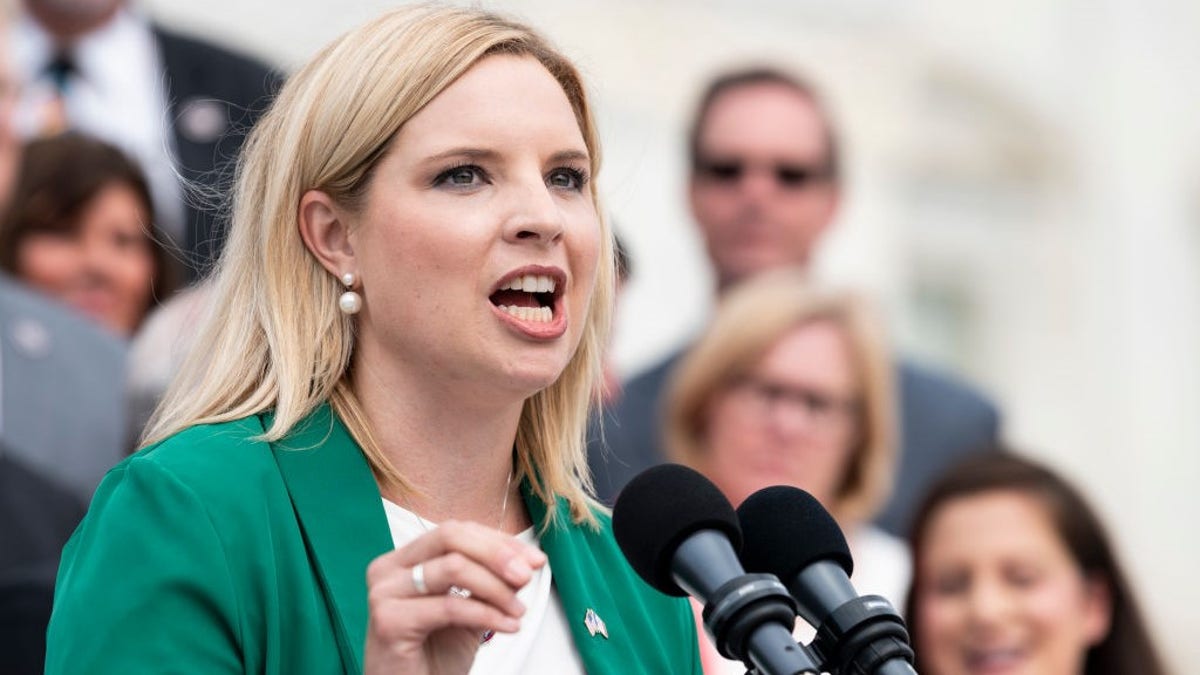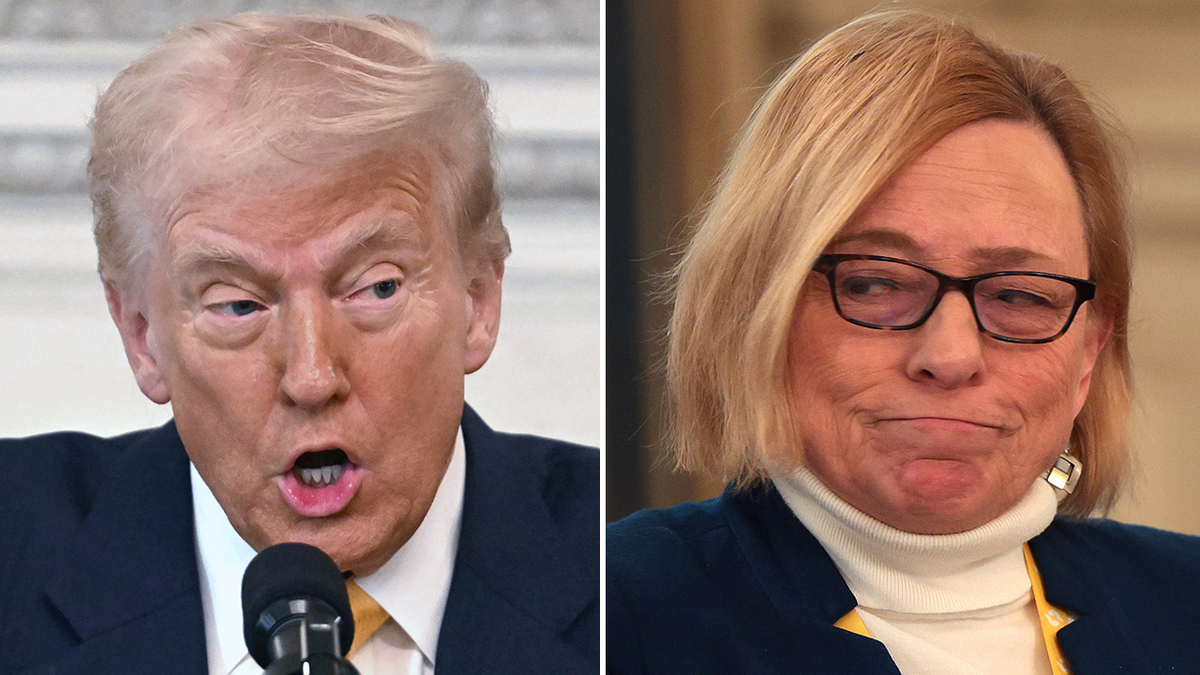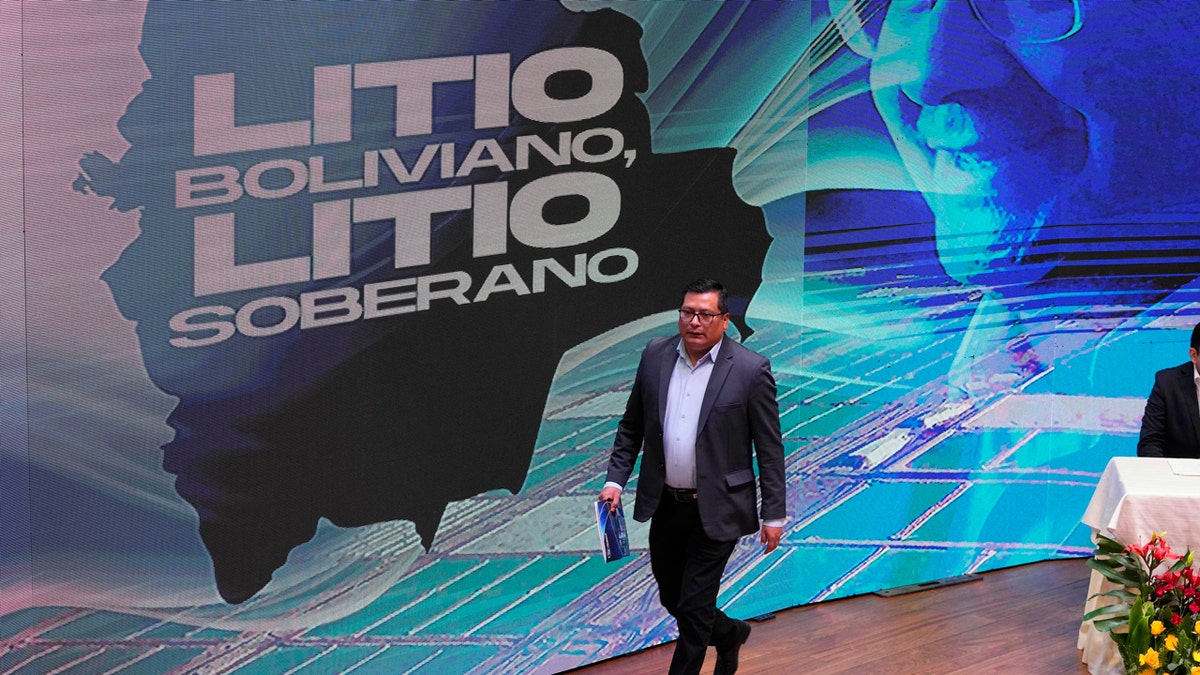A wave of initiatives across the United States is reigniting the debate surrounding the voting age. While some advocate for lowering it to 16, citing increased youth engagement and civic responsibility, others express concerns about maturity and potential political motivations. This movement has seen recent success in Vermont, where Brattleboro now allows 16 and 17-year-olds to vote in local elections and even hold office. This follows a trend of similar measures gaining traction in various states, including Missouri, where a teenager-led campaign, Vote16MO, is pushing for a constitutional amendment.
Proponents like Rep. Emilie Kornheiser of Vermont believe early participation fosters lifelong political involvement and strengthens communities. They argue that since 16-year-olds can work and pay taxes, denying them the right to vote represents "taxation without representation." Furthermore, they believe it could provide a less partisan introduction to politics.
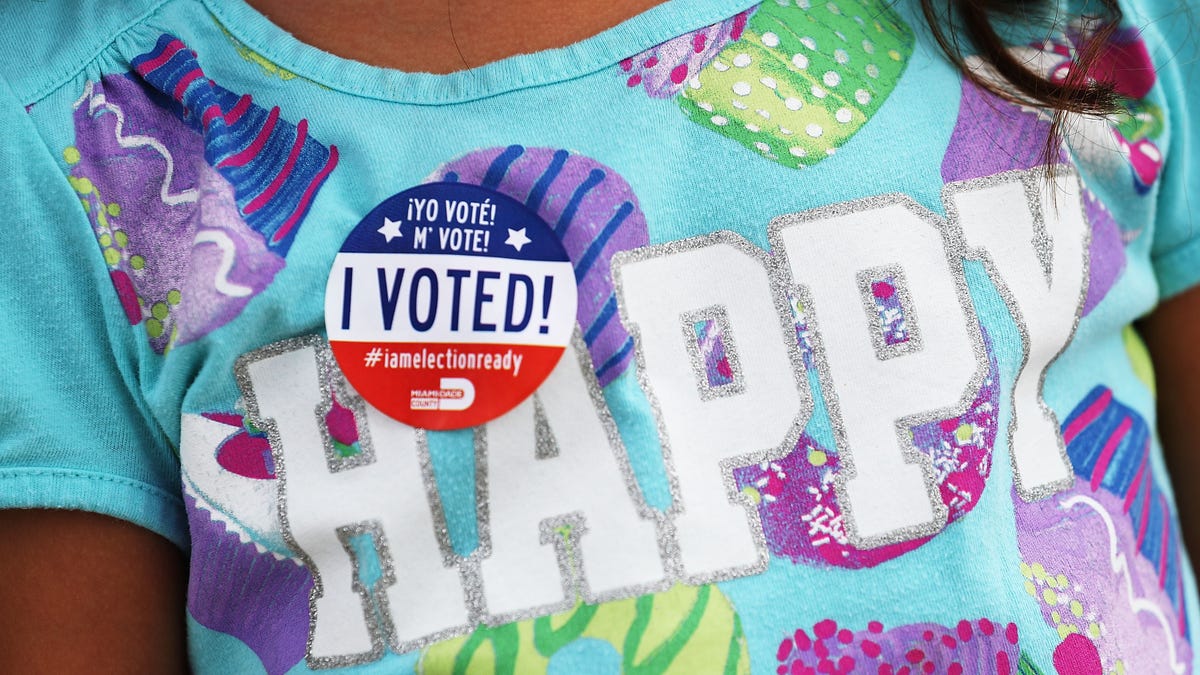
However, critics, including Missouri Secretary of State Jay Ashcroft, question the judgment and maturity of younger voters. They point to ongoing brain development, particularly in the prefrontal cortex, which is crucial for reasoned decision-making. Some also raise concerns about potential political manipulation, suggesting that lowering the voting age is a strategy to gain votes, particularly given young voters' tendency to lean Democrat.
This debate extends beyond local elections. Rep. Grace Meng (D-NY) introduced a bill to lower the national voting age to 16. Conversely, GOP presidential candidate Vivek Ramaswamy has proposed raising it to 25. Numerous states, including New Mexico, Oregon, Massachusetts, and California, are grappling with similar proposals, highlighting the complex and evolving nature of this issue.
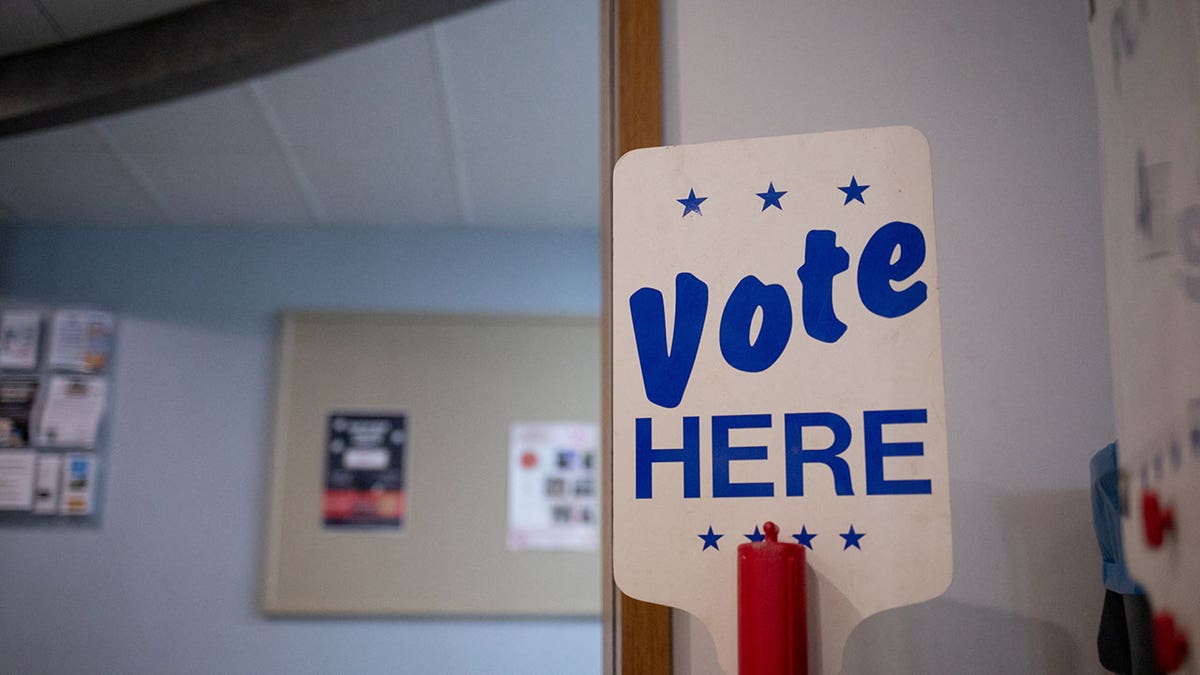
Several media outlets have weighed in, further amplifying the discussion. With significant implications for the future of American democracy, the question of who gets to vote and when remains a topic of intense debate and scrutiny.
